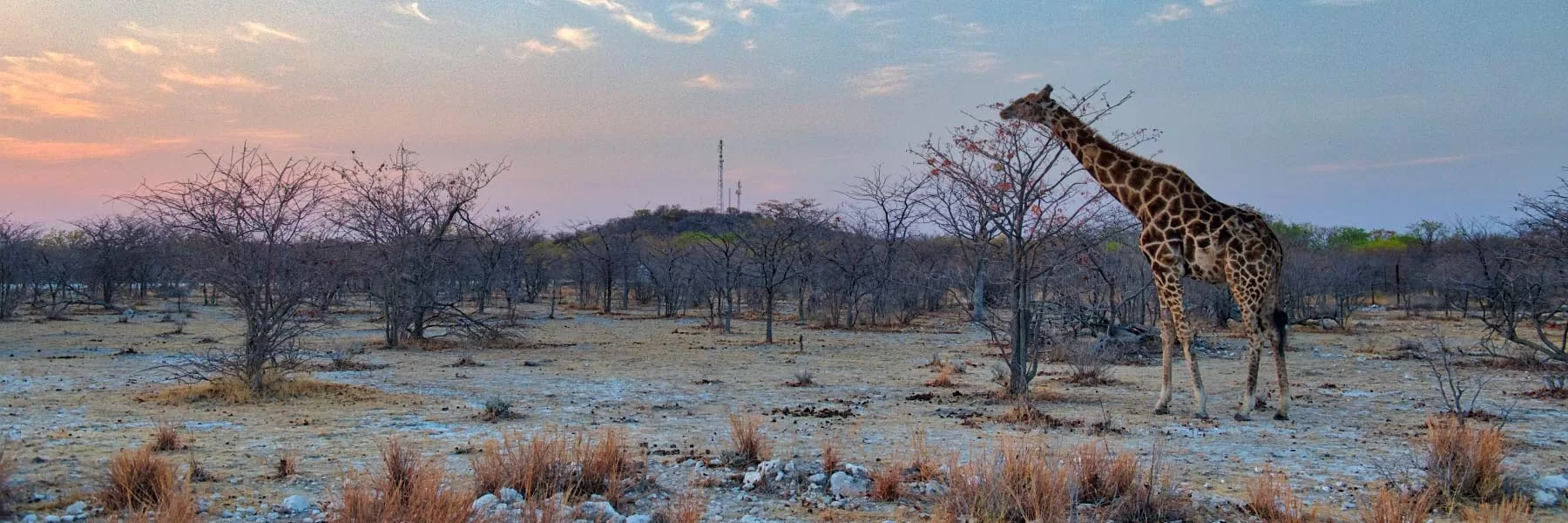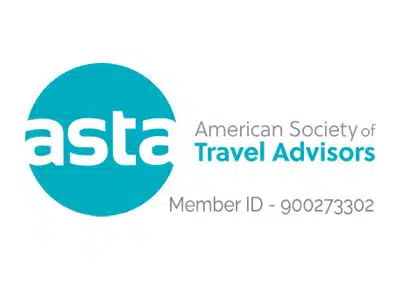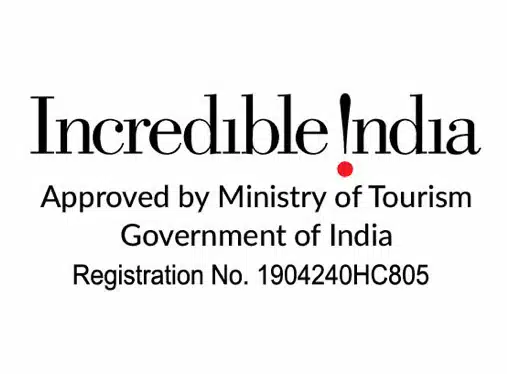Are you planning a trip to Africa soon? Are you excited to go on Safaris and experience a whole new culture? Visiting Africa can be an incredible journey on its own. Whether you go for 5 days or 5 months, the country is bound to mesmerize you with its beauty.
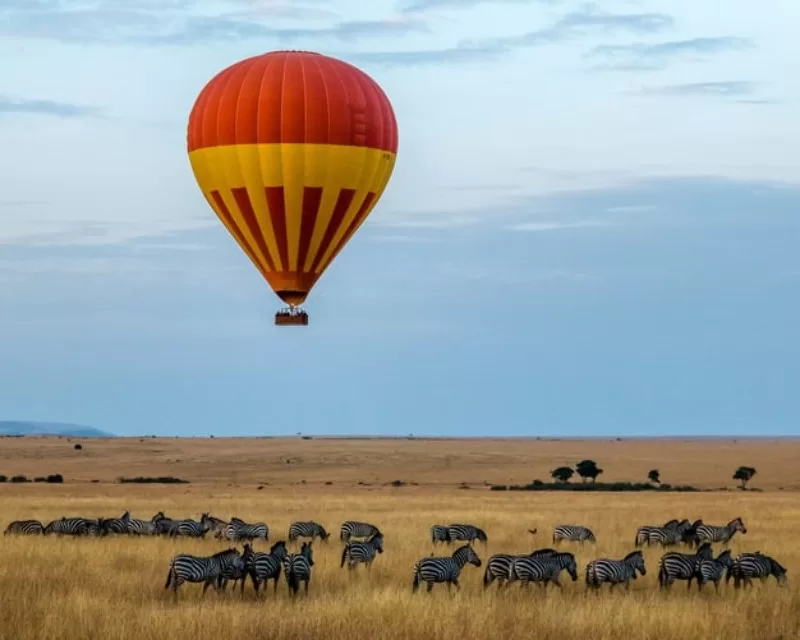
Do you know what else can enhance your trip further and make it worth-while? Learning few basic phrases of Swahili that can help you converse with local people and bring you closer to their culture.
Introduction to Swahili
Swahili, also known as Kiswahili, is a native language of Swahili people. It is spoken most commonly in East and Southern Africa. Kenya and Tanzania have declared Swahili as an official language alongside English. It is also spoken in Uganda, Rwanda, Malawi, Zambia, the DRC (the Democratic Republic of the Congo), Somalia, and Mozambique.
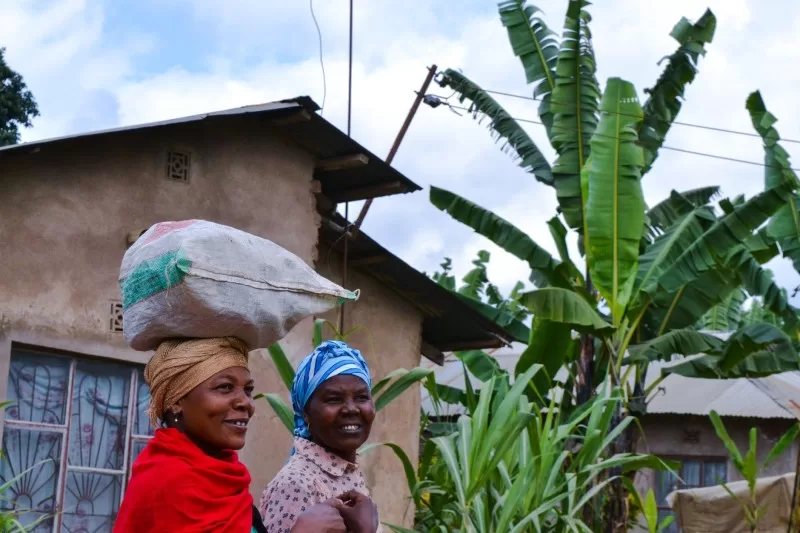
Many people speak Swahili as their first and second language. An estimated 90 million people in Africa speak Swahili, making it the widely spoken language of Africa.
Origins of Swahili
During 500-1000 AD, Arabs and Persians arrived on the Eastern African Coasts, bringing their native language with them. Swahili, thus, has been heavily inspired by the Arabic language. Arabs used the word ‘Swahili’ to describe ‘the coast’ which later applied to the East African Coast.
Along with Arabic, Swahili has also borrowed words from English, Portuguese, Persian, Malagasy, and even Hindi!
Learning Swahili
Did you know the word ‘Safari’ originated from the Swahili language? Or that ‘Hakuna Matata’ actually means ‘no worries’ in Swahili? This beautiful language has given us various words that we can identify effortlessly.
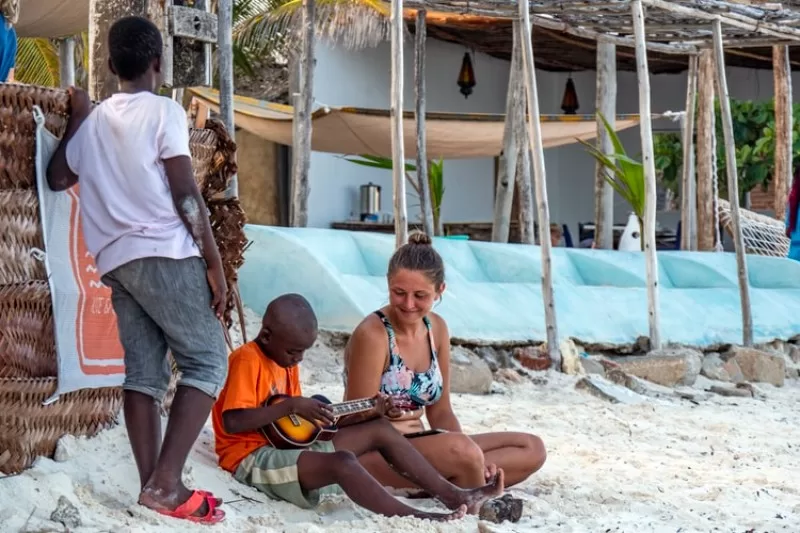
If you are an English speaker, Swahili is the easiest African language that can be learned. This is because Swahili words are pronounced similar to how they are written. Several words from the language like Boksi (Box) and Muziki (Music) sound similar to English and are easy to decipher.
While on your trip, you can learn basic phrases or common words that help you go a long way. As the words and phrases can be read and spoken easily, you don’t have to worry much about them.
However, if you are a first-time learner, it is always recommended to write them in a pocket diary and carry it around. This way whenever you forget a word, you can always refer to the diary.
Practice these simple and unchallenging phrases before you leave for your trip:
1. Greetings
- Hello/ Good day – Jambo/ Hujambo
This is a very common greeting in Swahili and is considered to be friendly.
- How are you? – Habari Gani
- How are things – Habari? (literally means ‘news?’)
- Fine/ Good (response) – Nzuri
- Nice to meet you – Nafurahi Kukuona
- See you later – Tutaonana
- Goodbye – Kwa heri (one person)/ Kwa herini (more than one person)
- Good morning – Habari za asubuhi
- Good afternoon – Habari za mchana
- Good evening – Habari za jioni
- Good night – Lala salama
2. Basic Civilities:
- My name is ‘name’– Jina langu ni ‘your name’
- I am from ‘Place’ – Natokea ‘Place’
- What is your name? – Jina lako nani?
- Where are you from? – Unatoka wapi?
- Friend – Rafiki
- Can you help me? – Tafadhali, naomba msaada?
- Excuse me/ Pardon/ Sorry – Samahani
- Please – Tafadhali
- Thank you – Asante
- Thank you very much – Asante Sana
- You’re welcome – Starehe
- I don’t understand – Sielewi
- Yes – Ndiyo
- No – Hapana
- Expensive – Ghali/ Sana
- Cheap (also translates to easy) – Rahisi
- Can you repeat that? – Sema tena?
- Slowly slowly – pole pole
- Fast/ quicky – Haraka
- Danger – Hatari
- How do you say ‘word’ in Swahili? – Unasemaje ‘word’ kwa Kiswahili?
- Do you speak English? – Unasema kiingreza?
3. Basic questions:
- Where – Wapi?
- When? – Lini?
- Why? – Kwa Nini?
- Who? Nani?
- What? – Nini?
- Which – Gani?
- How much does it cost? – Pesa Ngapi
4. Directions and Getting Around:
- Where is the ‘place’? – Ni wape ‘place’?
- Is it near? – Ni karibu?
- Is it far? – Ni mbali?
- How much is the fare? – Nauli ni kiasi gani?
- How much is it per night? – Ni bei gani kwa usiku?
- Where are you going? – Unakwenda wapi?
- What time is the ‘vehicle’ leaving? – Inaondoka saa ‘vehicle’ ngapi?
- When will we arrive? – Tutafika lini?
- I want/would like to get off here – Nataka kushuka hapa
- Money – Pesa
- Ticket – Tikiti
- Bus – Basi
- Train – Treni/ gari la moshi
- Plane – Ndege
- Airport – Uwanja wa ndege
- Bus station – Stesheni ya basi
- Train Station – Stesheni ya treni
- Bus stop – Bas stendi
- Taxi stand – Stendi ya teksi
- Tourist office – Ofisi ya watali
- Police station – Kituo cha polisi
- Market – Soko
- Shop – Duka
- Bank – Benki
- There – huko
- Over there – Pale
5. Accommodation:
- Reservation – Akiba
- Hotel – Hoteli
- Room – Chumba (one room)/ vyumba (more than one room)
- Bed – Kitanda (one room)/ vitanda (more than one bed)
- Toilet – Choo
- Bathroom – Bafu
- Telephone – Simu
6. Days:
- Monday – Jumatatu
- Tuesday – Jumanne
- Wednesday – Jumatano
- Thursday – Alhamisi
- Friday – Ljumaa
- Saturday – Jumamosi
- Sunday- Jumapili
- Every day – Kila siku
7. Time:
- What time is it? – Saa ngapi?
- Now – Sasa
- Early – Mapema
- Later – Baadaye
- Day time – Mchana
- Night time – Usiku
- Morning – Asubuhi
- This month – Mwezi Huu
- This year – Mwaka Huu
- Yesterday – Jana
- Today – Leo
- Tomorrow – Kesho
8. Numbers:
- 1 – Moja
- 2 – Mbili
- 3 – Tatu
- 4 – Nne
- 5 – Tano
- 6 – Sita
- 7 – Saba
- 8 – Nane
- 9 – Tisa
- 10 – Kumi
- 11 – Kumi Na Moja (combine 10 and 1)
You can add further numbers as mentioned above.
- 20 – Ishiniri
- 21 – Ishiniri na moja (combine 20 and 1)
- 30 – Thelathini
- 40 – Arobaini
- 50 – Hamsini
- 60 – Sitini
- 70 – Sabini
- 80 – Themanini
- 90- Tisini
- 100 – Mia
9. Health:
- Doctor – Daktari/ Mganga
- Medical centre – Matibabu
- I need/ to see a doctor – Nataka kuona daktari
- I am/feel sick – Mimi ni mgonjwa
- Fever – Homa
- Medicine – Dawa
10. Food and Beverages:
- Food – Chakula
- Water – Maji
- Drinking water – Maji ya kunywa
- Beer – Bia
- Vegetables – Mboga
- Chicken – Nyama kuku
- Meat – Nyama
- Beef – Nyama ng’ombe
- Fish – Sumaki
- I would like/ I’d like – Nataka
- I am hungry – Ninasikia njaa
- I am thirsty – Nina Kiu
11. Animals:
- Animals – Wanyama
- Cheetah – Duma/ Chita
- Giraffe – Twiga
- Hyena – Fisi
- Leopard – Chui
- Lion – Simba
Locals always appreciate when visitors make a genuine effort to speak their native language.
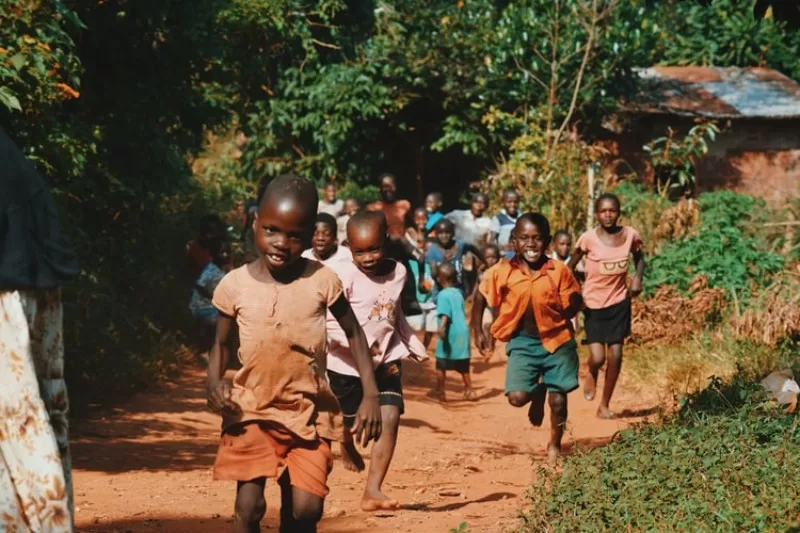
These are some of the basic Swahili words and phrases that will help you have an easier and enjoyable trip to Africa.
If you loved reading this story, then subscribe to our blog here (it will ask to verify your email) to get inspiring travel stories and trivia delivered to your email. Stories about wildlife trivia, cultural experiences, curated luxury hotel lists, underrated places to travel, polar journeys and much more.


